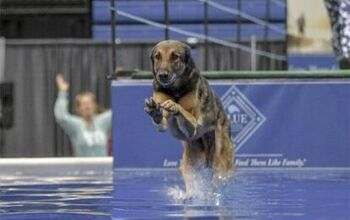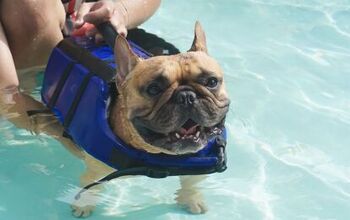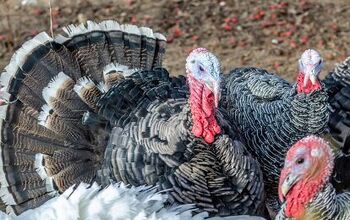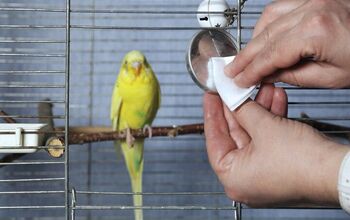Can You Teach an Old Dog New Tricks?

You sure can, and as long as these tricks aren’t too physically demanding, he’s totally up for it. In fact, researchers out of Austria’s University of Veterinary Medicine Vienna, have found that dogs – including seniors – were even keen to learn how to engage in some rather challenging, on-line games that were akin to sudoku-type number puzzles.
Now, we know you’re likely not interested in teaching your older pooch computer games, but it does prove that those little grey cells are still active and receptive to learning new things. And according to Dr. Ludwig Huber, a cognitive biologist at the University, it’s the learning new things that helps lift aging dogs out of their sluggish, apathetic lifestyle and increase their motivation to engage in all that other stuff going on around them.
But there’s more good news when it comes to our more senior friends. Because, in addition to his being eager to pick up new tricks, an older dog is also typically easier to train than a young dog. Unlike an energetic puppy that bounces around distracted by new sights and sounds, an older dog is chill. He’ll have the focus and patience to listen to commands and respond to your instruction – and by the way, treats, pats, and praise work wonders with dogs of any age.
So, what do you do if the years have taken a toll on your pet and he is now visually or hearing impaired? The good news, is that he’s still capable of learning new tricks and he’ll gain the same sense of accomplishment as a full-sensory dog.
For pooches that struggle to hear, you can use tools such as a vibrating collar to first grab his attention, then use basic hand signals to train him to respond. Open hand with palm forward tells him to stay put, finger pointed down lets him know you want him to lay down. They’re simple, easy for him to learn, available on-line, and best of all, they provide lots of opportunities for praise and rewards.
If your senior dog is showing signs of vision loss, adjust your method of training to include a clicker. It’s an effective way to train dogs of any age because the sharp, crisp sound immediately grabs their attention and directs their focus towards you. Simple, one-word commands with treats given, are an incentive for him and a great opportunity for the two of you to bond as you celebrate his success.
Now, tricks or new skills need to be taught with an eye toward the comfort of your older dog. Keep lessons short, and if he shows fatigue, stop and resume later in the day. While heavily active games of catch or retrieve are great for younger dogs, they aren’t something an older dog with stiff joints or sensory loss, will necessarily be receptive to.
Fun alternatives include teaching him how to collect his toys and put them away. Or to understand the word for each of his toys, so that if you say “where’s your ball”, he can find it and bring it to you. Having him learn how to ring a bell (conveniently located by an outside door) when he wants out, is another easy task that will be rewarding for you both (in more ways than one, right?)
So, yes, old dogs can not only learn new tricks, but they’re waiting and ready to learn.

Sharing space with three seriously judgy Schnoodles and a feline who prefers to be left alone. #LivingMyBestLife
More by Mary Simpson























